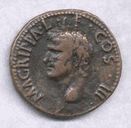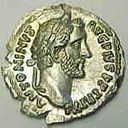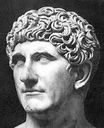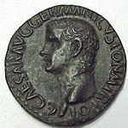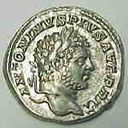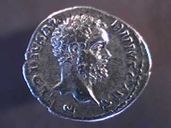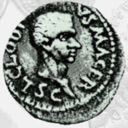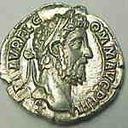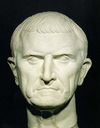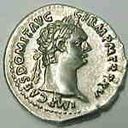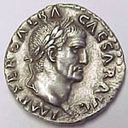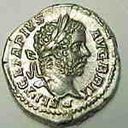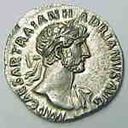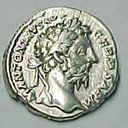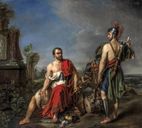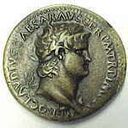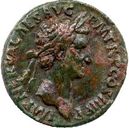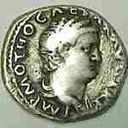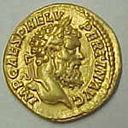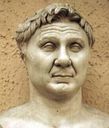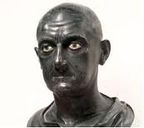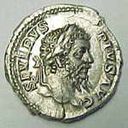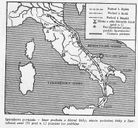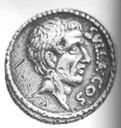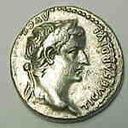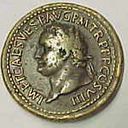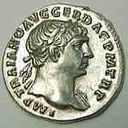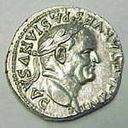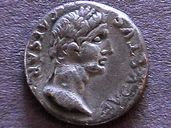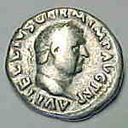
Rome (Ancient) (RIM)

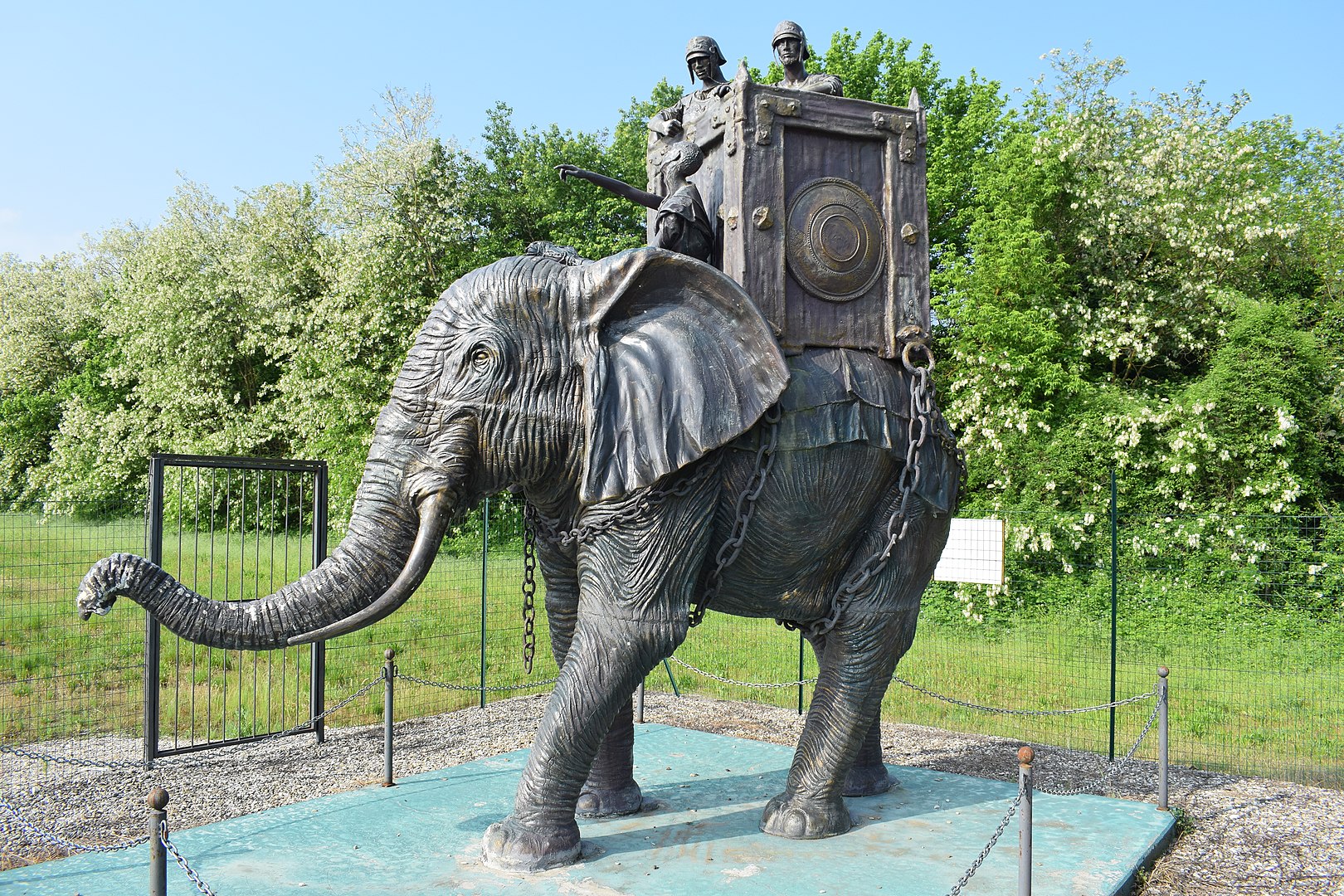
Battle of the river Trebia
The Battle of the Trebia River took place in December 218 BC during the Punic Wars. The Carthaginian army led by Hannibal and the Roman army led by Sempronio Long met in it. The Roman army suffered a crushing defeat here, and Hannibal proved his ingenious talents here. This battle led to the Battle of Kann, which proved to be the worst disaster for the Roman army, and Hannibal's cavalry showed its undeniable qualities over the Roman cavalry.

Gaius Iulius Caesar - Civil War
The dice were really rolled. Interestingly, of the entire Civil War, we only have records from Ceasar's Memoirs of the Civil War and Cicero's correspondence. Immediately after crossing the Rubicon on January 10, 49 B.C. the first Roman fortress of Arminium fell, where Caesar had already sent his troops forward. Pompey proved to have no army with which to stop Caesar.

Gaius Iulius Caesar - Gallic Wars, Proconsulate
It is interesting that the only record of a participant in Caesar's campaign in Gaul is the Notes of the Gallic War, which was written by none other than Caesar himself, and then wasted by such historians as Plutarchos. But as I do not wish to dwell at length on the dismantling of this work, which, though interesting to the historian, is nevertheless tedious to the layman and the admirer of history, I will only state that, though Caesar was not wholly objective, neither could he be subjective and make things up, for among the soldiers the senators, Cicero, and Cato, had their men.

Gaius Iulius Caesar - Origin, youth, political beginnings
Gaius Iulius Caesar came from an old patrician family. With the pride of a true Roman himself, he derived his lineage from the semi-legendary Roman kings, even gods. As for Caesar's mother, Aurelia, she came from the plebeian, but highly respected Aurelian family.

Gaius Iulius Caesar - The Dictatorship of Caesar
After his return from Thapsus and Utica to Rome, Caesar took care above all to make a good impression and to influence public opinion in a certain direction. He appeared before the people and in the senate, stressing that he had no tyrannical intentions and emphasising his efforts to increase prosperity at the expense of the conquered territories.

Gaius Iulius Caesar - The Great Gallic Revolt, Eve of the Rubicon
On his return from Britain, Caesar faced the most difficult of all the trials he had yet endured in Gaul. At the end of the campaign in 54 BC. the great Gallic revolt began.

Gaius Iulius Caesar - The Ides of March
In the election of the year 44 BC. Caesar and Marcus Antonius were elected consuls. In 44 Caesar became dictator 4 times and consul 5 times. His position seemed to be uncontested. The new honors bestowed upon him by the Senate no longer corresponded to royal majesty, but simply to deification. In an atmosphere of endless acts of honour and resolutions, in a situation of general servility, rumours of Caesar and the royal garland were more and more frequent, while those closest to the dictator, by their almost provocative behaviour, provided grounds for similar rumours.

Gaius Iulius Caesar - Triumvirate, Consulate
Caesar again tried to become Pompey's right-hand man, doing everything he could to prevent Pompey from establishing close relations with the Senate, so that Caesar would thereby consolidate his position. Caesar supported the proposal that Pompey be allowed to run for the consulship in absentia. However, this was prevented by the courageous Cato, who was then nearly killed.
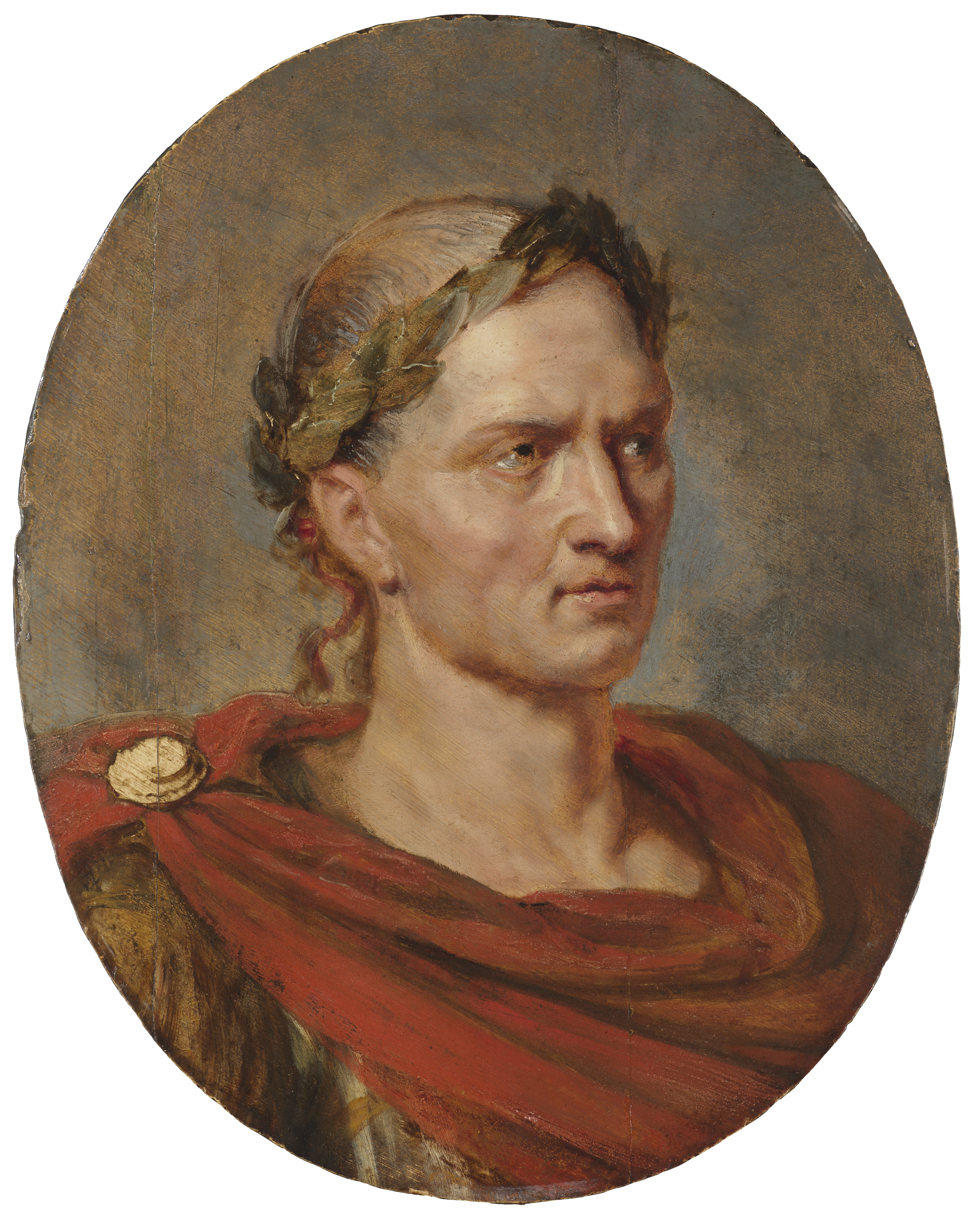
Gaius Julius Caesar
Great warriors are inevitably associated with wars. Today I would like to present a short portrait of a man who certainly has his place in the history of warfare. He is Iulius Caesar, the man who conquered Gaul, defeated the Germans, won many battles of the Civil War and at the same time ended the history of Ancient Egypt. In the history of antiquity he can probably be rivalled only by such men as Alexander the Great, Scipio Africanus, or Traianus.
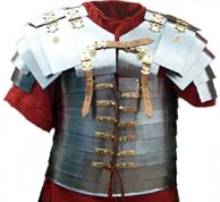
List of equipment of the Roman legionary

Pharsalus

Publius Cornelius Scipio

Rewards and honors in the Roman army

Roman Camp

Roman gladiators
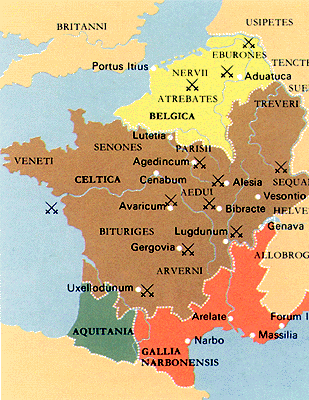
Siege of Alesia

The most important battles in Roman history

Listings
Join us
We believe that there are people with different interests and experiences who could contribute their knowledge and ideas. If you love military history and have experience in historical research, writing articles, editing text, moderating, creating images, graphics or videos, or simply have a desire to contribute to our unique system, you can join us and help us create content that will be interesting and beneficial to other readers.
Find out more